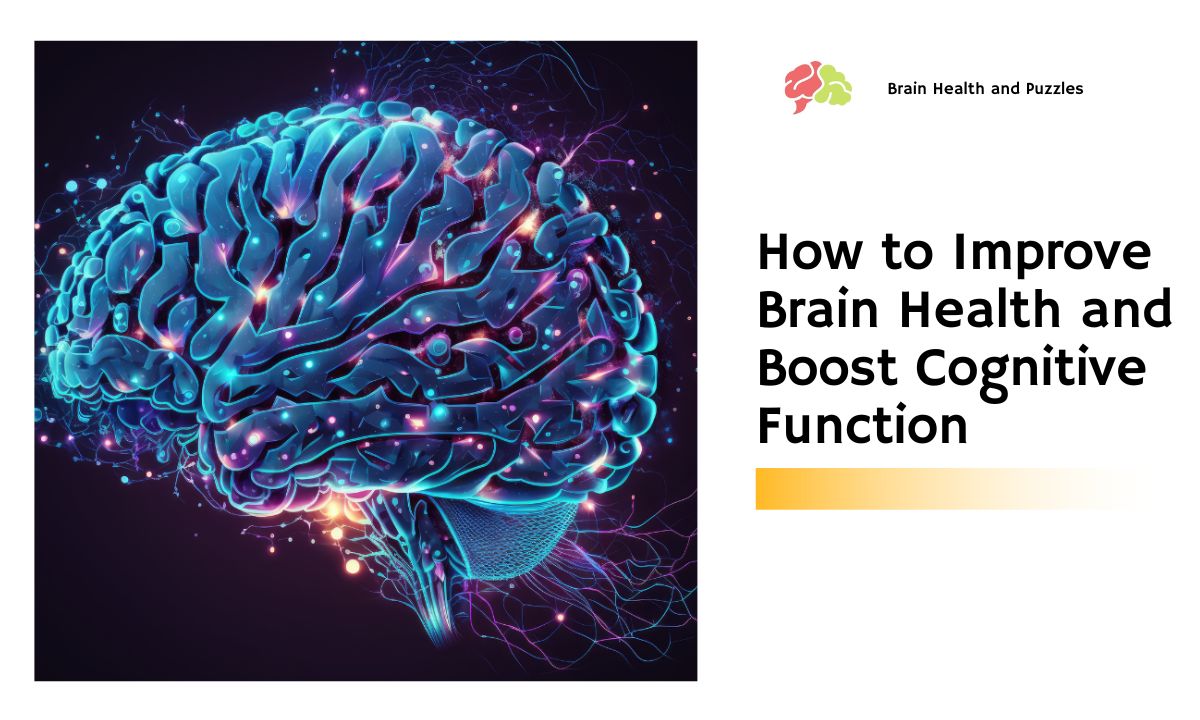Memory Loss – It Happens

The human brain has an amazing capacity to form and retain memories. People over 100 years old can recall information from when they were young children. Even though neuroscientists still do not know precisely how they are formed or where they are stored, each memory is recorded in the anatomy and chemistry of the brain. Because our brain is a biological memory storage device, it suffers from the things to which biological systems eventually succumb: age and disease.
A certain amount of memory loss is considered a normal part of aging. Whatever physical brain substrate that creates and houses memories may fail after a certain period of time. Of the three types of memory, short term, recent, and long term memory, recalling recent memories becomes problematic as we age.
Generally, we can still store information for short periods of time in our working memory, and events that occurred a long time ago can be recalled accurately and at will. However, aging usually disrupts the recall of things that occurred several hours to a few days in the past. While memory games and exercises can help to delay this consequence of aging, this memory loss happens more or less inevitably.
Diseases Led Memory Loss
 Several diseases can lead to memory loss, even when we are young. Depression can cause memory loss both from a lack of recall but also in the formation of new memories. Head injury, alcoholism, and certain drugs can cause memory loss as well. The term amnesia refers to memory loss that affects the recall of information in long-term memory. Amnesia is usually temporary but can be permanent and is dependent on the degree and type of brain injury.
Several diseases can lead to memory loss, even when we are young. Depression can cause memory loss both from a lack of recall but also in the formation of new memories. Head injury, alcoholism, and certain drugs can cause memory loss as well. The term amnesia refers to memory loss that affects the recall of information in long-term memory. Amnesia is usually temporary but can be permanent and is dependent on the degree and type of brain injury.
Long-standing alcoholism and associated malnutrition can lead to vitamin deficiencies and severe and long-term memory loss. Strokes can also lead to memory loss when large areas of the brain are affected. In one form of memory loss, called multi-infarct dementia several small strokes spread throughout the brain can lead to memory loss and difficulty forming new memories.
Perhaps the most widely known disease that leads to memory loss is Alzheimer’s disease. This horrible, progressive disease begins by robbing people of their memory for recent events but progresses to interfere with memories from earlier in life. This type of memory loss is called retrograde because it starts recently and moves back into the past. Patients with Alzheimer’s disease lose nerve cells in certain regions of the brain that are apparently important for memory. There are several available treatments for Alzheimer’s disease and new treatments on the horizon but currently, there is no cure.
So how do you know if you are experiencing the normal memory loss of aging or memory loss caused by disease? A physician should be consulted in order to make a precise diagnosis but there are several ways to tell the difference between the two forms of memory loss. For example, if you are forgetting how to perform a task that you have successfully done a hundred times if you have trouble learning new information, or finding it very difficult to keep track of normal things during the day, these may be signs of a more severe memory loss.



